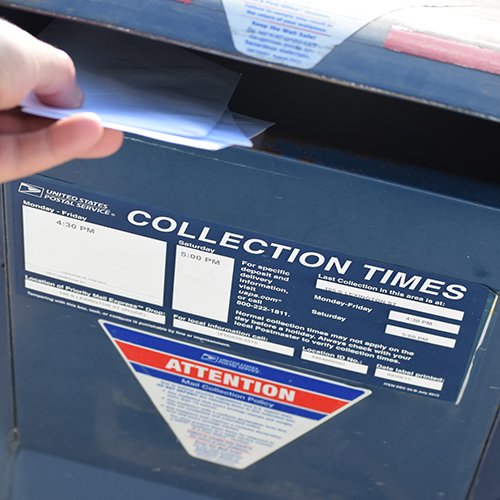The chances that your envelope is going to receive a postmark the same day you drop it off is unlikely, so plan accordingly, according to the USPS.
Read MoreHealth savings accounts (HSAs) have steadily grown in popularity over the past two decades, but data shows they’ve entered a new era. HSAs are no longer just about paying for today’s doctor visit. For financial organizations, HSAs represent both a client service opportunity and a business growth strategy that’s increasingly too significant to overlook.
Read MoreThe Internal Revenue Service (IRS) recently released final regulations that provide insight on how to administer the catch-up contribution requirements under the SECURE 2.0 Act of 2022 (SECURE 2.0).
Read MoreFor many teens, those summer paychecks can be more than just spending money. They can actually be the key to starting one of the smartest financial habits around: contributing to a Roth IRA.
Read MoreIf your client owns a small business, they’re already juggling a lot. Between managing clients, balancing budgets, and keeping operations moving, retirement planning often falls to the bottom of the list. Yet choosing the right retirement plan can be a game changer, not just for the business owner, but for their employees as well.
Read MoreBoth the employer operating the SIMPLE IRA plan and the financial organization holding the SIMPLE IRA assets play a role in providing a summary description to employees.
Read MoreNo one wants to be caught unprepared by an IRS audit. Because the best defense is a good offense, here are some tips and tricks to review your own files so you can learn what areas may need your attention.
Read MoreEveryone loves a good summer to-do list and we’re here to help. It’s the perfect time to survey your IRA department and see how you’re doing and what can be improved or implemented.
Read MoreCoverdell education savings accounts (ESAs) provide a unique savings vehicle with the potential to generate tax-free earnings to cover the costs for education.
Read MoreWith tax season upon us, many employers are determining when to fund and deduct the employer contributions that they’ve allocated to their retirement plans. Different contribution deadlines apply based on the type of contribution being made and the business tax return due date.
Read MoreTraditional Individual Retirement Accounts, better known as IRAs, were created by the Employee Retirement Income Security Act of 1974 (ERISA) and have revolutionized how Americans save for their golden years. They became available on January 1, 1975.
Read MoreThe financial organization holding the IRA as of December 31 of the prior year must provide an RMD statement to the IRA owner by January 31 of the year for which the distribution is required.
Read MoreDuring the Great Depression, a common practice among contractors bidding for federal contracts was reducing workers’ wages; and thereby, their labor costs, to win bids. While prevailing wage laws had existed on a state and local government level for more than three decades at this time, the first and most significant federal law–protecting the workers’ and their families’ welfare–was the Davis-Bacon Act of 1931.
Read MoreFinancial organizations are responsible for paying out HSA assets to beneficiaries after an HSA owner’s death and properly reporting these distributions to the IRS, so your role as an HSA administrator is important. And because HSA beneficiary options differ from IRA and employer plan beneficiary options, it’s a good idea to familiarize yourself with the options and distribution process.
Read MoreRecent legislation passed by Congress includes several provisions that enhance the ability of workers to increase their retirement savings. One of these provisions, Section 110 of the SECURE 2.0 Act of 2022 (SECURE 2.0), also enhances the ability of employers that sponsor a 401(k), 403(b), governmental 457(b), or a SIMPLE IRA plan to supplement workers’ retirement savings by providing matching contributions to employees who make qualified student loan payments (QSLPs) in 2024 and later plan years.
Read MoreJust as important for an employer choosing plan service requirements is considering when an employee will experience a break in eligibility service. Breaks in service—leaving that employer, in other words—can potentially delay when an employee becomes a participant, or resumes participation if he or she was an eligible participant before incurring breaks in service.
Read MoreFinancial organizations are responsible for paying out IRA assets to beneficiaries after an IRA owner’s death and properly report these distributions to the IRS. Ensuring that an IRA owner’s beneficiary designation is up-to-date and as complete as possible can minimize any distribution issues.
Read MoreEmployers may now treat an employee’s qualified student loan payments like elective deferrals or after-tax contributions for purposes of providing an employer matching contribution.
Read More













